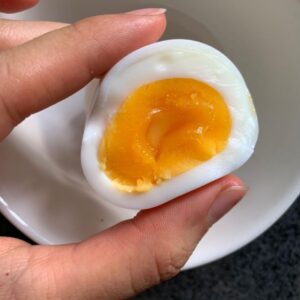During rehab, my husband made recovery feel like a team effort—until the day he brought out a blindfold, a pen, and a piece of paper, and told me to practice signing my name. I trusted him… but when I tried to peek at the paper, he snapped. That’s when I knew something was wrong.
After six weeks in the hospital, coming home felt surreal. Everything in the house was spotless, flowers on the table, the porch light finally fixed. Tom wrapped his arms around me, his voice soft, almost fragile. It should’ve been comforting, but the perfection felt staged.
Tom threw himself into caring for me—cooking, laying out my clothes, even bringing home puzzles and memory games to “help rewire my brain.” I went along with it. At first, it felt good to make progress, even if the exercises were childish.
Then came the blindfold. At first, it was guessing objects by touch. Lip balm. Keys. A mug. Fine. But two weeks later, Tom brought out the blindfold and a clipboard.
“Signature practice,” he said. “For your fine motor skills.”
It felt strange, signing blindfolded, so I tried to peek. Tom’s hand clamped down.
“No cheating,” he snapped.
“I just want to see—”
“It’s blank! Don’t you trust me?”
He stormed off when I insisted. His sudden anger shook me. Why get defensive over a blank page?
Days later, I found the clipboard hidden in his locked drawer. It held a “Durable General Power of Attorney” document—giving him full control over my life, effective immediately. That’s what he’d tried to make me sign blindfolded.
I cried. Then I planned.
A few nights later, I suggested we “try the game again.” Tom eagerly agreed. I blindfolded him, handed him a pen, and had him sign the papers my lawyer had prepared—while recording the whole thing.
When he removed the blindfold, he saw the “Spousal Consent to Divorce Terms” he’d just signed. His face drained.
“You tricked me!”
“The same way you planned to trick me,” I said, playing the recording.
He tried to justify it, but I walked away. I wasn’t broken—and he’d underestimated me.





